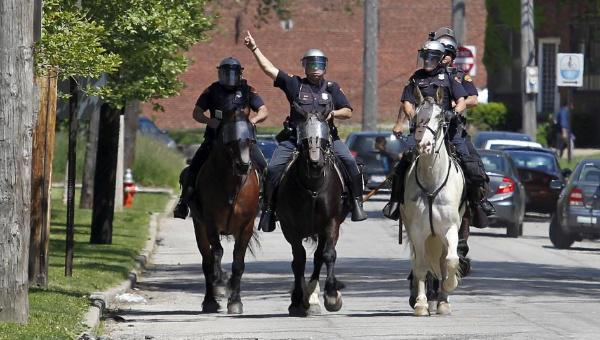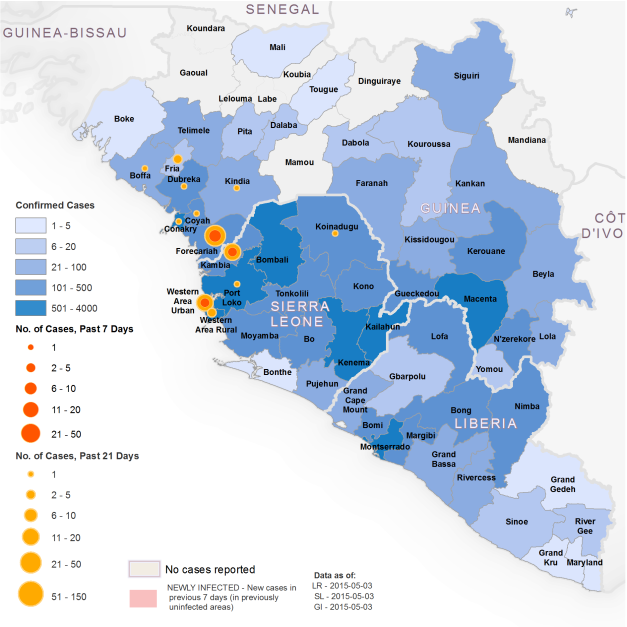The Department of Justice has released a report of its investigation into the Cleveland Police Department. My Post colleague Emily Badger beat me to the punch on this, but the findings are staggering.
Our investigation concluded that there is reasonable cause to believe that CDP engages in a pattern or practice of using unreasonable force in violation of the Fourth Amendment. That
pattern manifested in a range of ways, including:
The unnecessary and excessive use of deadly force, including shootings and head strikes with impact weapons;
The unnecessary, excessive or retaliatory use of less lethal force including tasers, chemical spray and fists;
Excessive force against persons who are mentally ill or in crisis, including in cases where the officers were called exclusively for a welfare check; and
The employment of poor and dangerous tactics that place officers in situations where avoidable force becomes inevitable and places officers and civilians at unnecessary risk.
In other words, the department fails in just about every possible measurable way. And it goes on like that:
. . . we found incidents of CDP officers firing their guns at people who do not pose an immediate threat of death or serious bodily injury to officers or others and using guns in a careless and dangerous manner, including hitting people on the head with their guns, in circumstances where deadly force is not justified. Officers also use less lethal force that is significantly out of proportion to the resistance encountered and officers too often escalate incidents with citizens instead of using effective and accepted tactics to de-escalate tension. We reviewed incidents where officers used Tasers,3 oleoresin capsicum spray (“OC Spray”), or punched people who were already subdued, including people in handcuffs. Many of these people could have been controlled with a lesser application of force. At times, this force appears to have been applied as punishment for the person’s earlier verbal or physical resistance to an officer’s command, and is not based on a current threat posed by the person. This retaliatory use of force is not legally justified. Our review also revealed that officers use excessive force against individuals who are in mental health crisis or who may be unable to understand or comply with officers’ commands, including when the individual is not suspected of having committed any crime at all.
In addition to the pattern or practice of excessive force, we found that CDP officers commit tactical errors that endanger both themselves and others in the Cleveland community and, in some instances, may result in constitutional violations. They too often fire their weapons in a manner and in circumstances that place innocent bystanders in danger; and accidentally fire them, sometimes fortuitously hitting nothing and other times shooting people and seriously injuring them. CDP officers too often use dangerous and poor tactics to try to gain control of suspects, which results in the application of additional force or places others in danger. Critically, officers do not make effective use of de-escalation techniques, too often instead escalating encounters and employing force when it may not be needed and could be avoided. While these tactical errors may not always result in constitutional violations, they place officers, suspects, and other members of the Cleveland community at risk.
http://www.washingtonpost.com/news/the-watch/wp/2014/12/05/the-dojs-jaw-dropping-report-about-the-cleveland-police-department/







